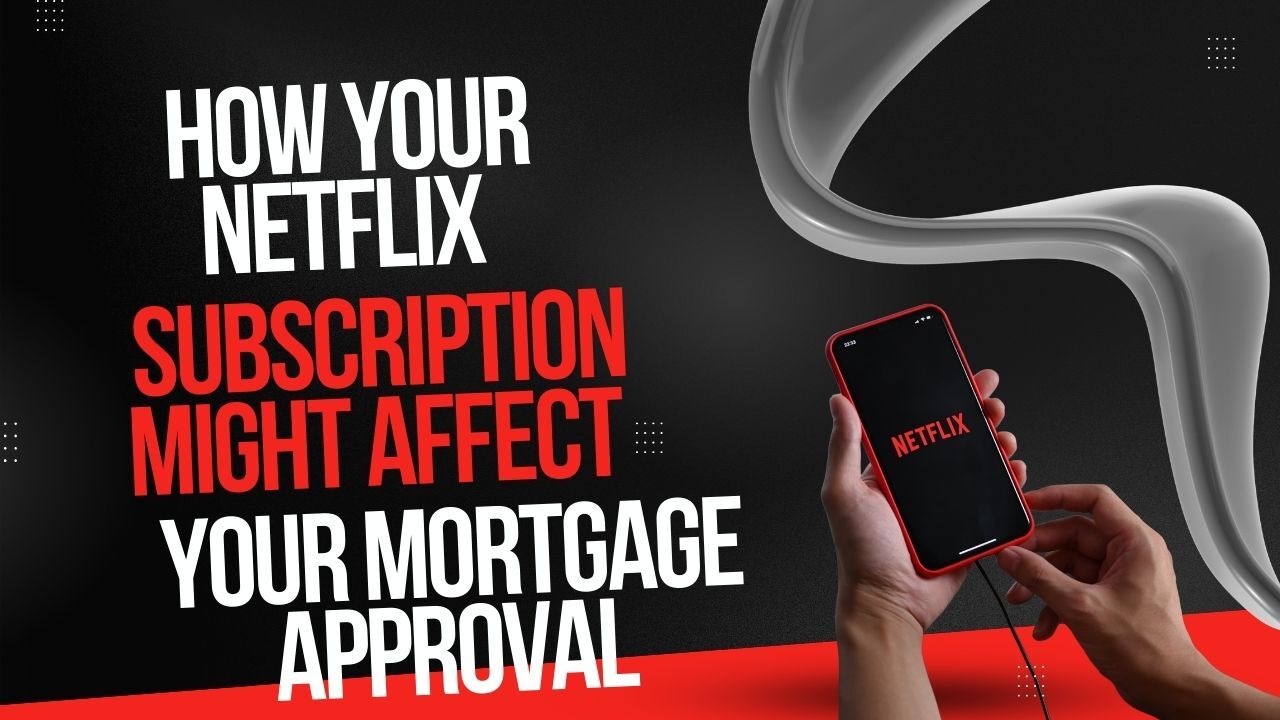 Shopping for a mortgage can be exciting, but it can also be confusing when you see a low advertised rate online, only to be quoted a different rate when you apply. While this can be frustrating, there are several reasons why your actual mortgage rate may differ from what you initially expected. The good news is that understanding these factors can help you make informed decisions and secure the best possible rate for your financial situation.
Shopping for a mortgage can be exciting, but it can also be confusing when you see a low advertised rate online, only to be quoted a different rate when you apply. While this can be frustrating, there are several reasons why your actual mortgage rate may differ from what you initially expected. The good news is that understanding these factors can help you make informed decisions and secure the best possible rate for your financial situation.
Personal Financial Profile Matters
Advertised mortgage rates are typically based on ideal borrower profiles—those with excellent credit, low debt-to-income ratios, and substantial down payments. Lenders assess risk when determining mortgage rates, and factors such as your credit score, income stability, and outstanding debts can impact the rate you are offered. If your financial profile is strong, you are more likely to qualify for the lowest available rates.
Loan Type and Terms Affect Rates
Not all mortgage loans are the same, and different types of loans come with varying interest rates. Fixed-rate mortgages, adjustable-rate mortgages (ARMs), FHA loans, VA loans, and jumbo loans all have unique risk factors that influence the interest rate. Additionally, the term length of your mortgage—whether 15, 20, or 30 years—can affect your rate, with shorter terms generally offering lower rates.
Market Conditions Play a Role
Mortgage rates fluctuate based on economic conditions, including inflation, Federal Reserve policies, and the overall health of the financial markets. Advertised rates may reflect conditions at a specific moment in time, but by the time you apply, rates may have shifted. Staying informed about market trends can help you time your application wisely.
Discount Points and Fees Influence the Rate
Some advertised rates assume that borrowers will pay discount points upfront to lower their interest rates. If the rate you saw online was based on paying points and you prefer not to pay them, your quoted rate may be higher. Additionally, fees associated with loan origination, underwriting, and closing costs can affect the overall cost of your mortgage.
Locking in Your Rate at the Right Time
Mortgage rates can change daily, and a delay in locking in your rate may result in a different rate than what was originally quoted. Lenders offer rate locks to protect you from market fluctuations, but the length of the lock period and any changes in your financial profile can influence the final rate.
How to Get the Best Rate Possible
The key to securing the most competitive mortgage rate is preparation. Here are a few steps to improve your chances:
- Boost Your Credit Score: Pay down debt, make on-time payments, and check your credit report for errors.
- Save for a Larger Down Payment: A higher down payment can reduce your loan-to-value ratio, leading to better rates.
- Compare Lenders: Rates and fees vary, so shopping around can help you find the best deal.
- Consider Timing: If possible, monitor market trends and apply when rates are favorable.
While the rate you are offered may not always match the one advertised online, there are many ways to position yourself for the best mortgage deal. By understanding the factors at play and preparing accordingly, you can take control of your home financing journey with confidence.
 With rising home prices and strict lending requirements, many aspiring homeowners are looking for creative ways to strengthen their mortgage applications. One potential game-changer? Renting out a room on Airbnb or another short-term rental platform. This additional income stream could help you qualify for a mortgage and make homeownership more affordable.
With rising home prices and strict lending requirements, many aspiring homeowners are looking for creative ways to strengthen their mortgage applications. One potential game-changer? Renting out a room on Airbnb or another short-term rental platform. This additional income stream could help you qualify for a mortgage and make homeownership more affordable. When applying for a mortgage, you expect lenders to scrutinize your income, credit score, and debt-to-income ratio. But did you know that your Netflix subscription—or any other recurring expense—could play a role in your approval?
When applying for a mortgage, you expect lenders to scrutinize your income, credit score, and debt-to-income ratio. But did you know that your Netflix subscription—or any other recurring expense—could play a role in your approval?